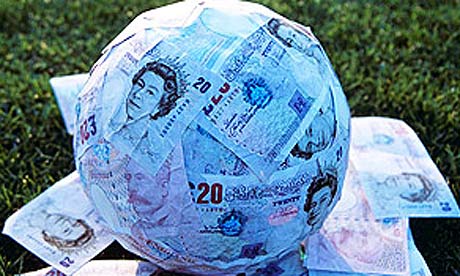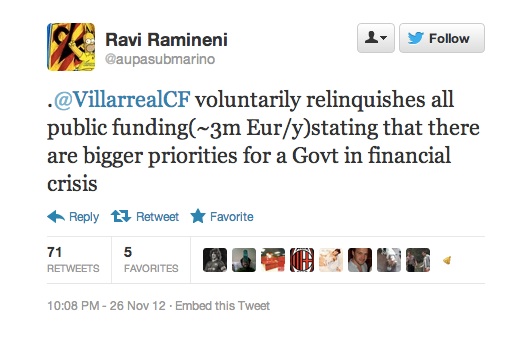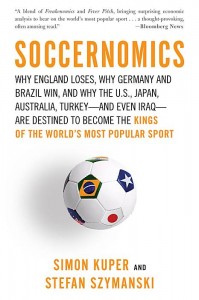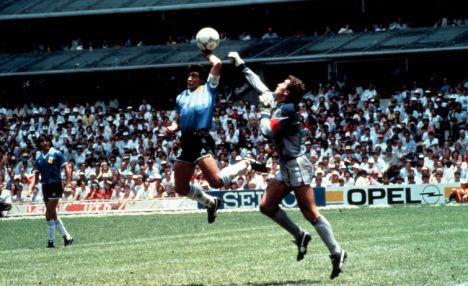There’s a line of thinking shared by some soccer pundits, in the UK and abroad, that goes like this:
Thirty years ago, English football was purer — better — than it is today.
Today, the game is all about money.
Fantastically foreign owners have snapped up the biggest clubs and turned them into their personal piggy banks.
Modern footballers are enormously rich and enormously entitled and enormously vile.
Yes, the product on the pitch is world-class, but it’s just that: A product.
The fans have lost control of their own clubs, and TV networks and megalomaniac club owners have become all-powerful.
I have seen little mainstream media coverage, however, that analyzes these notions using evidence, rather than merely anecdotes.
For a potential story, I would propose quantifying the available data in a way that could shed light on these ideas, either in the form of a text story, infographics, or both.
Specifically, I would propose examining the size of English Premier League clubs’ financial might. What are their typical annual profits or losses, and how have these sums changed in recent decades?
How have players’ salaries changed over the decades, relative to inflation and salary gains for other athletes in the world’s biggest sports leagues?
How have ticket prices changed over the years, relative to inflation?
Compared with years past, are today’s players in England actually involved in more criminal activity or behavior that is deemed socially unacceptable?
How would one quantify the “quality” of the league in moral terms?
To answer these questions, I would seek to interview experts, conduct independent research, speak with fans, and present the data in a compelling visual manner.
(Image via The Guardian.)




